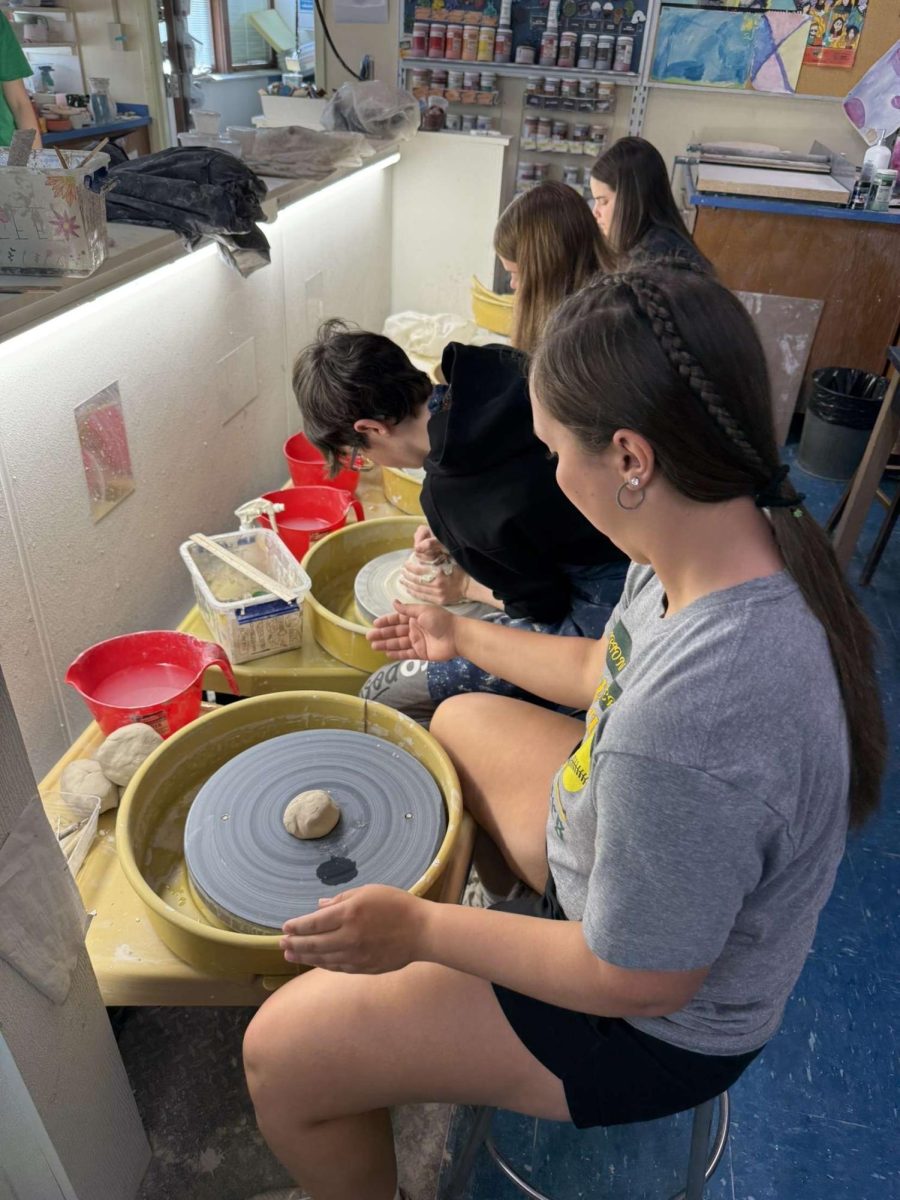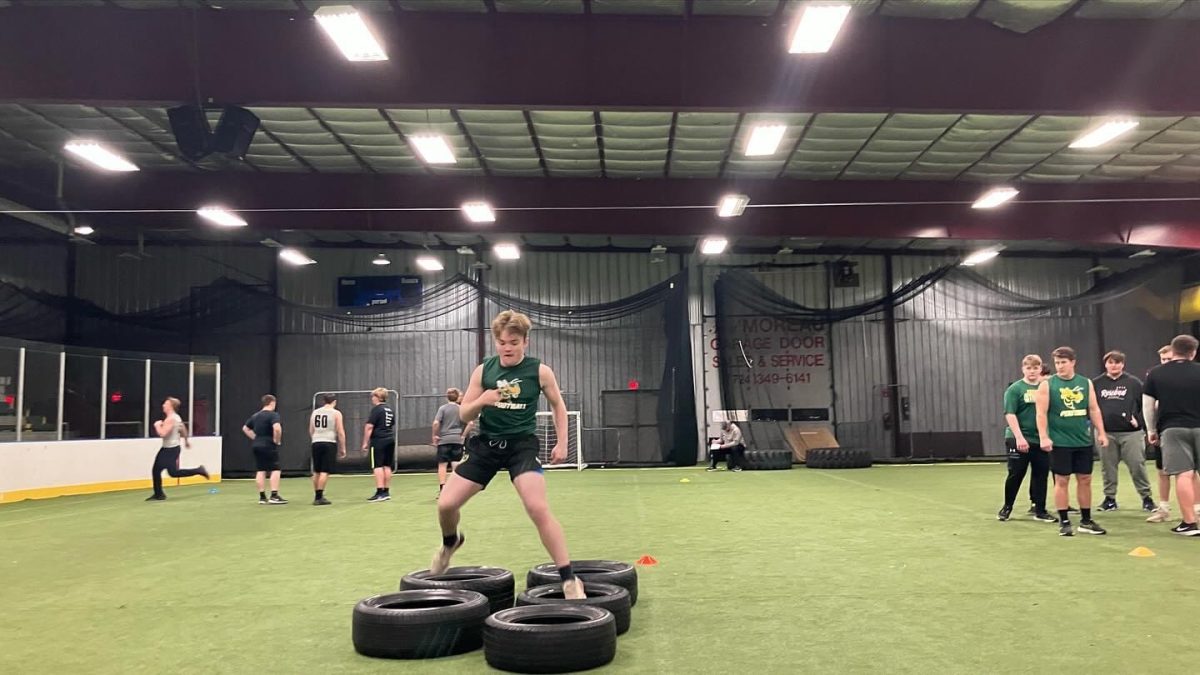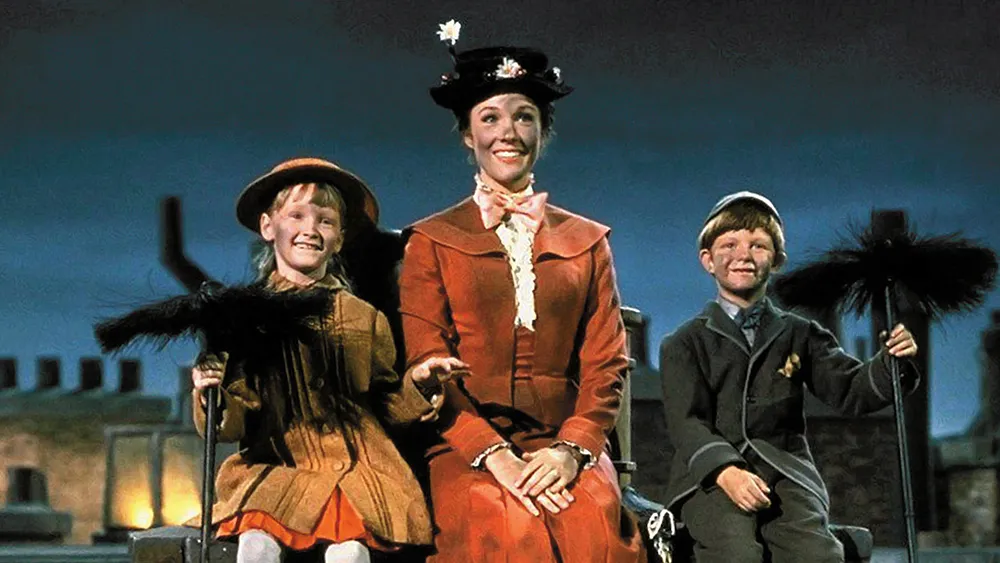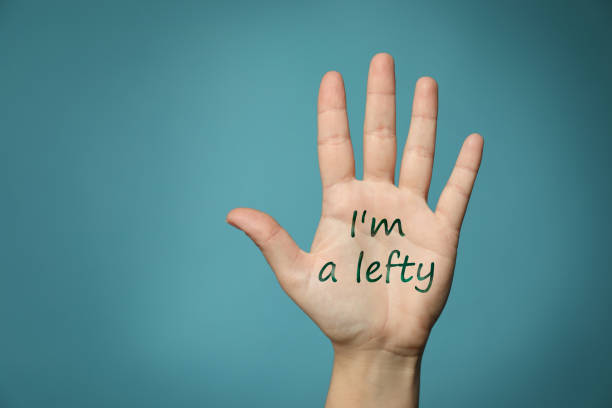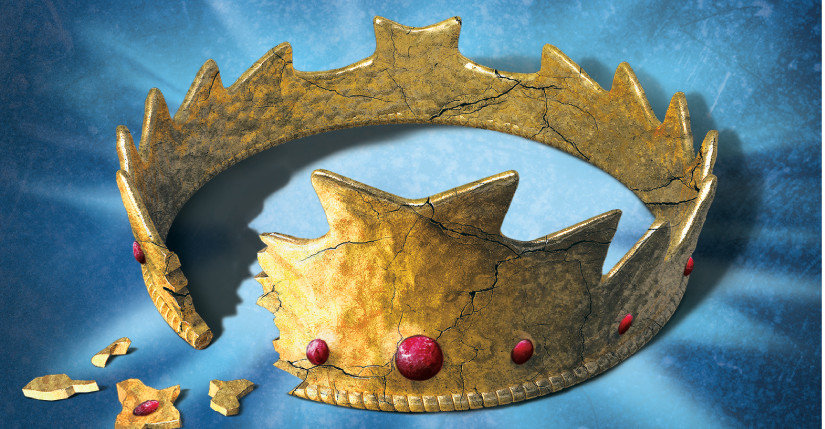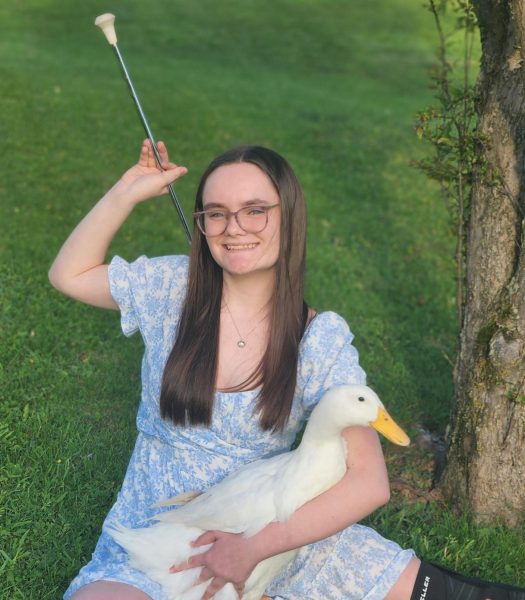Mental health and self-esteem make our world the world it is. Everybody has a reason to be here. Mental health nowadays, is extremely crucial to our world, along with self-esteem. In this series, I’ll elaborate on the different challenges our generation goes through and how to help someone or yourself go through them. No one is in this alone, we are all growing up in the same world together.
Something that has suddenly grown in numbers is eating disorders. Whether it’s anorexia, bulimia, binge eating, or restrictive food intake, there’s been a sudden growth of eating disorders in teens. Along with eating disorders, there’s been a growth in body dysmorphia or a condition where someone spends more time thinking about their appearance than anything else. There are many theories as to why this is, one being social media. Social media can be a perfect place for marketing, but it can be very dark for teenagers. Between seeing bodies on social media and comparing yourself to them and wishing you were more like that person, things can get dark very fast not just for teens but for anyone.
Body Dysmorphia
Body dysmorphia, or Body Dysmorphic Disorder (BDD) is a mental health condition where a person sees and thinks more about their flaws than anything else. It’s insecurities, just on a heightened level. BDD can affect anyone, male or female, but it mainly affects young adults and teenagers. About 2% of the population has body dysmorphia. BDD most of the time is found along with indications of things such as anxiety, depression, etc.
Eating Disorders
Eating disorders or fatal illnesses related to consumption of food, behavior, and thoughts towards food. There are many different types of eating disorders, for example, Anorexia nervosa, Bulimia nervosa, binge-eating disorder, and more. Anorexia nervosa is the condition of avoiding food either altogether or in bigger amounts. The average starting age of Anorexia nervosa is 16-17 but more and more cases are developing at a younger age. Bulimia nervosa is the condition of eating larger quantities of food but feeling like the amount you eat is uncontrollable. The average starting age of Bulimia nervosa is about 18, but recent studies have shown it’s getting earlier. Binge-eating disorder is a disorder in which a person loses control over how much they eat and will eat large amounts of food. It is the most common eating disorder in the United States.
How to help someone struggling
A lot of time, we don’t understand why someone would feel like this, but in all honesty, we don’t need to know. We just need to be there for them, to support them through this tough time. If you suspect or know a friend is struggling with a specific eating disorder or body dysmorphia, you should start to research the disorder. Be there for your friend, try to get them to seek help, and offer to see a counselor or a nurse with them. Make them feel included, don’t leave them high and dry, your friend is going through a rough time, help them out. Every once in a while, giving them compliments something as simple as “Hey, I like your shoes” can make a big difference. Do not make jokes about it in their presence or out of their presence, this is a very serious matter that could lead to death. Listen to what they have to say, and be a safe space for your friend to talk about things. This can be hard because you don’t agree with how your friend is ‘coping,’ but do not voice your opinion in the matter, just be there for them, and try to make them feel better. If it gets to the point where depression, anxiety, or suicidal thoughts get involved, go to a trusted adult immediately and tell them what’s going on. A trusted adult can help your friend get the help they need.
How to help yourself if you’re struggling
If you are struggling with body image or an ED, go to a trusted adult, and tell them what’s going on. If you don’t want to talk to someone you know, call the Association of Anorexia Nervosa & Associated Disorders (ANAD) at 888-372-7767. ANAD is open Monday through Friday 9 A.M. to 9 P.M. Know that you are not alone, and you have people around you who love and support you and want the best for you.
Works Cited


